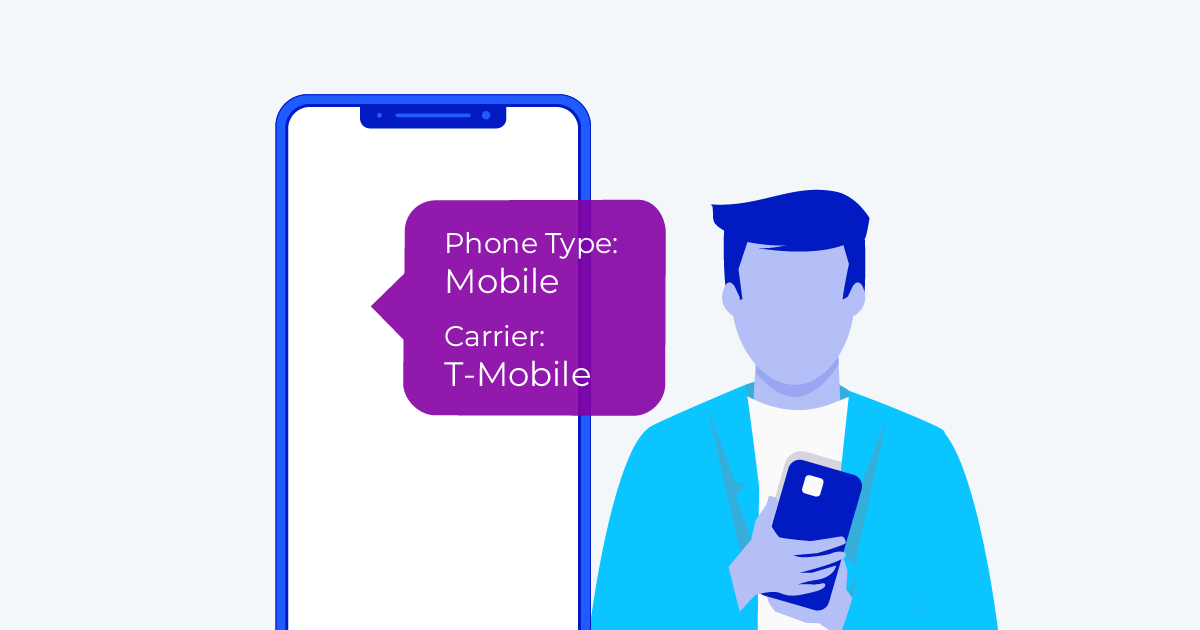
A lot is riding on your onboarding process. Make it too easy, and fraudsters ring you up. Too challenging, and your customers seek other companies with fewer requirements.
In the financial industry, regulations are a part of doing business, and most are designed to protect both consumers and businesses. But they can also impact a business’s bottom line and can themselves be costly if ignored or followed carelessly.
KYC (Know Your Customer) standards and regulations help financial institutions minimize risk and protect against money laundering, legal problems, and reputation issues.
Let’s talk more about KYC, specifically why it’s important today and how you can best prepare for increased regulations as part of your overall onboarding strategy.
What is KYC?
Fintech is a booming industry, rising with vast advancements in technology as well as the changing landscape of human preference. Regulations have risen alongside this boom, adapting to the new way financial crimes are occurring.
One such group of regulations with heavy impact to many companies in the fintech and financial industry is KYC regulations.
KYC regulations ensure fintech and financial institutions have accurate, detailed information about their customers and can verify their identities. It is a crucial element in the fintech industry’s goal of stopping financial crimes, such as money laundering.
Ultimately, KYC compliance answers the following questions about customers:
- Are they who they say they are?
- In what way do they behave?
- Are they high-risk?
- Where are they located?
- How are they best reached?
The importance of KYC
KYC compliance is vital for fintech companies and all financial institutions, guiding your strategies and processes towards strict, error-free operations. It ensures you protect your company from potential consequences, such as the following:
- Substantial legal fines. For any financial institution that fails to protect their platforms from fraudsters, there’s more at stake than fraud itself. On top of the damage the fraudster may deal, the company may face steep fines for failing to comply with KYC guidelines. In 2020 alone, financial institutions faced fines of $10.6 billion for KYC-related incidents.
- Money laundering schemes. There are specific guidelines put into place to stop money laundering, such as anti-money laundering (AML) regulations, of which KYC is a critical component. Because of the many moving parts of KYC, a lot of the steps taken in the process stop money laundering as well. By having stronger oversight of accounts and transactions, suspicious activity is cut down tremendously, allowing companies to stop money laundering issues quickly. The fines alone are a strong reason to comply with KYCÑin 2020 Goldman Sachs was caught up in an anti-corruption probe and fined $3B for money laundering.
- Brand reputation issues. Along with the financial hits institutions take when receiving KYC-related fines, they also run into reputational issues, because these fines are publicly reported. Avoiding these fines ensures a company keeps its name untarnished and in some cases differentiates itself positively from competitors who fail to adhere to KYC regulations.
- Fraud. Strict KYC practices help fintech companies stay on top of fraud and potential fraudulent activities. Atypical account activity is more likely to be on your radar, helping you block accounts that are likely to commit fraud.
- ID theft. Fintech companies following KYC regulations are required to take the necessary steps to verify a user’s identity before completing transactions. These procedures cut down on identity theft and keep bad actors away from legitimate users and their accounts.
- Weakened digital ecosystems. KYC helps fintech companies determine whether a customer is valid and how big of a risk they would be if allowed onto a platform. These checks keep digital platforms and their valid users safe.
Effective onboarding: The key to KYC compliance and more
KYC implementation occurs when onboarding new customers, so modernizing your onboarding processes can help you meet KYC regulations, prevent fraud, and improve the overall customer experience.
Identity verification is the key element that will help you prepare and adhere to KYC standards in your industry and country/region, which can also help defend against synthetic identity fraud.
You’ll want to implement solutions that keep your customers safe while getting them through the onboarding phase with as little friction as possible.
The KYC compliance solution
Telesign plays a part of the KYC process. After you’ve done your due diligence in verifying items such as a driver’s license, proof of address, social security, etc., verifying a phone number can supplement and strengthen your KYC process. Telesign takes the guesswork out of KYC compliance, keeping your business free from fraud and fines. Telesign helps by:
- Detecting fake users and bots. Using a phone number as a trust anchor, Telesign can run a risk assessment. This is critical, as approximately one-fourth of new accounts are fake. Telesign can help businesses determine who’s real and who’s fake, and businesses can proactively remove the fake users before entering the KYC process, saving time and money.
- Providing early phone number and subscriber information verification to ensure a cost-effective start to KYC onboarding.
- Helping customers monitor, flag, and handle suspicious activity during the lifecycle of their consumers to prevent account takeovers.
- Provide accurate identity information associated with billions of global phone numbers available for any part of your KYC program, thereby reducing fraud.
Because KYC compliance begins at onboarding, Telesign is committed to helping you deliver optimized onboarding experiences to build trust with your consumers by keeping them safe.
Telesign helps you challenge risky users during onboarding and fast-track legitimate ones. We create scalable, frictionless onboarding experiences that allow you to focus on authenticating effectively.
To see how Telesign helps companies stay on top of KYC compliance, chat with us today.



